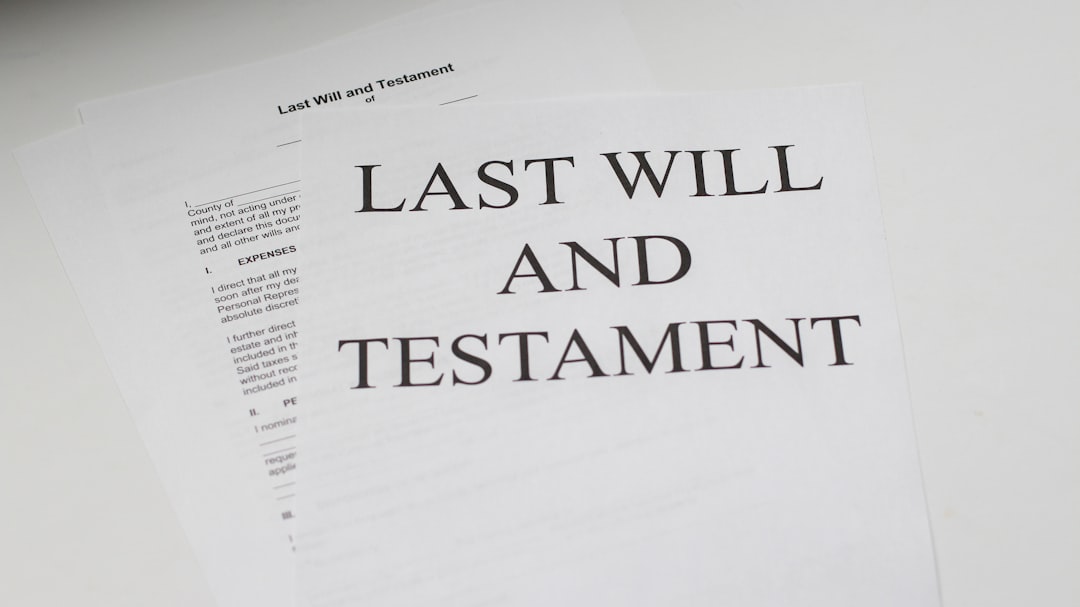
According to the ancient sayings, death, and tax are the old two things which are certain. Despite the fact that taxes are paid annually, a majority of people fail to plan themselves well. Death is horrible that many people don’t even want to think of it. According to a survey report here, majority of Americans do not plan for even their estate before death. This means that their property will have no sense of direction in case they pass away unexpectedly. The following hints reveals what happens to people when they die without writing a will.
The main hint of what happens when people die without writing a will is dependent on where they live. Such a person is often termed to have died intestate. The possessions of such a party is often left under the watch of a probate court. It is essential to find out what the law states when the deceased’s properties are left without a will by taking time to read more here. Laws governing such cases varies from one state to the other.
The place the deceased person lived will determine what happens to their possessions. The size of the possessions left behind will determine the severity of the law. For instance, small estates fall in the category of people who died without any property and their total possessions are usually less than $100,000. This is a practical scenario that happens to senior people who may have sold all their wealth to cater for medical bills. A similar scenario is also true to a young citizen who may have not accumulated any wealth. The law requires that the remaining family members file a declaration claiming this property for use. In instances where the deceased left no heir, claimants must support their relationships via an affidavit. This website explains the process of dealing with cases of people who pass away and leave homes and other assets whose worth exceeds $100,000 becomes complex.
The third aspect to consider when a person dies without leaving behind any written will is considering the survivors. Laws governing such cases will be determined depending on whether the person left behind a wife, domestic partner or a number of surviving children. What is usually used here to subdivide this property is the law of hierarchy. The spouse is the key person that can be considered to take all the property. Absence of the spouse gives children a high chance of inheriting this property. You can discover more here about the law and how it applies to the deceased’s relationship hierarchy. It is essential to learn more about this topic if you continue reading here.